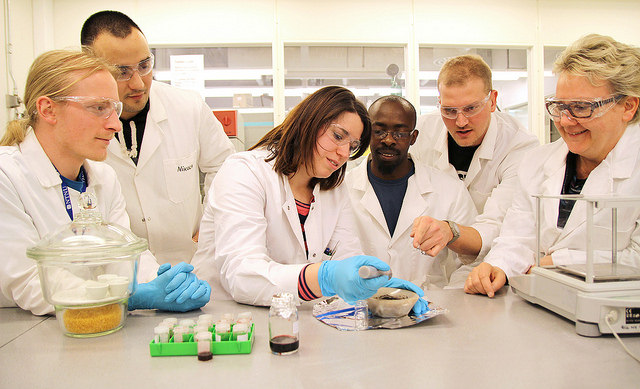Aggregated News

The New York Times Magazine story on Amy Cuddy brings up extremely important problems in science. But we cannot equate criticism with harassment.
When teaching research methods to first-year college students, I used to tell them that scientists try to prove themselves wrong. But last year, I took that out—it felt too dishonest. At its best, science is about figuring out where we’re wrong, about constant course correction.
Unfortunately, the pressures society has placed on scientists have made it almost impossible for us to admit when we’re wrong. We’re rewarded—by funding agencies, by prestigious scientific journals, by the media—for cherry-picking and polishing our results to make them look as shiny as possible. “Groundbreaking” discoveries are often the standard for getting a job or getting promoted. When the stakes are that high, it’s easy for scientists to start seeing what we need to see—to convince ourselves that our embellished findings are rock solid because we have to. What’s worse, there is little incentive for scientists to challenge and correct each other. Doing the hard work of checking each other’s...



